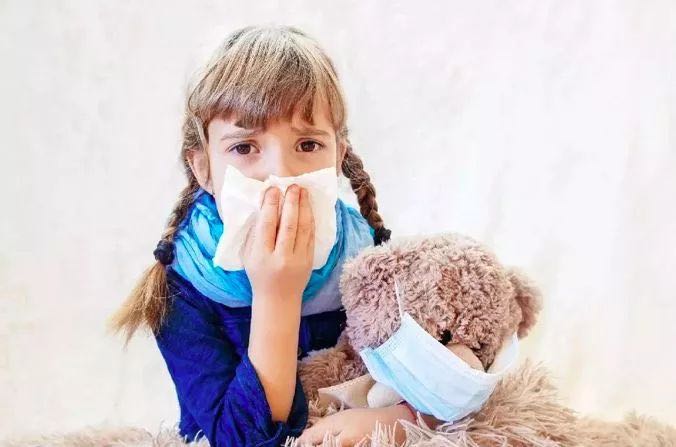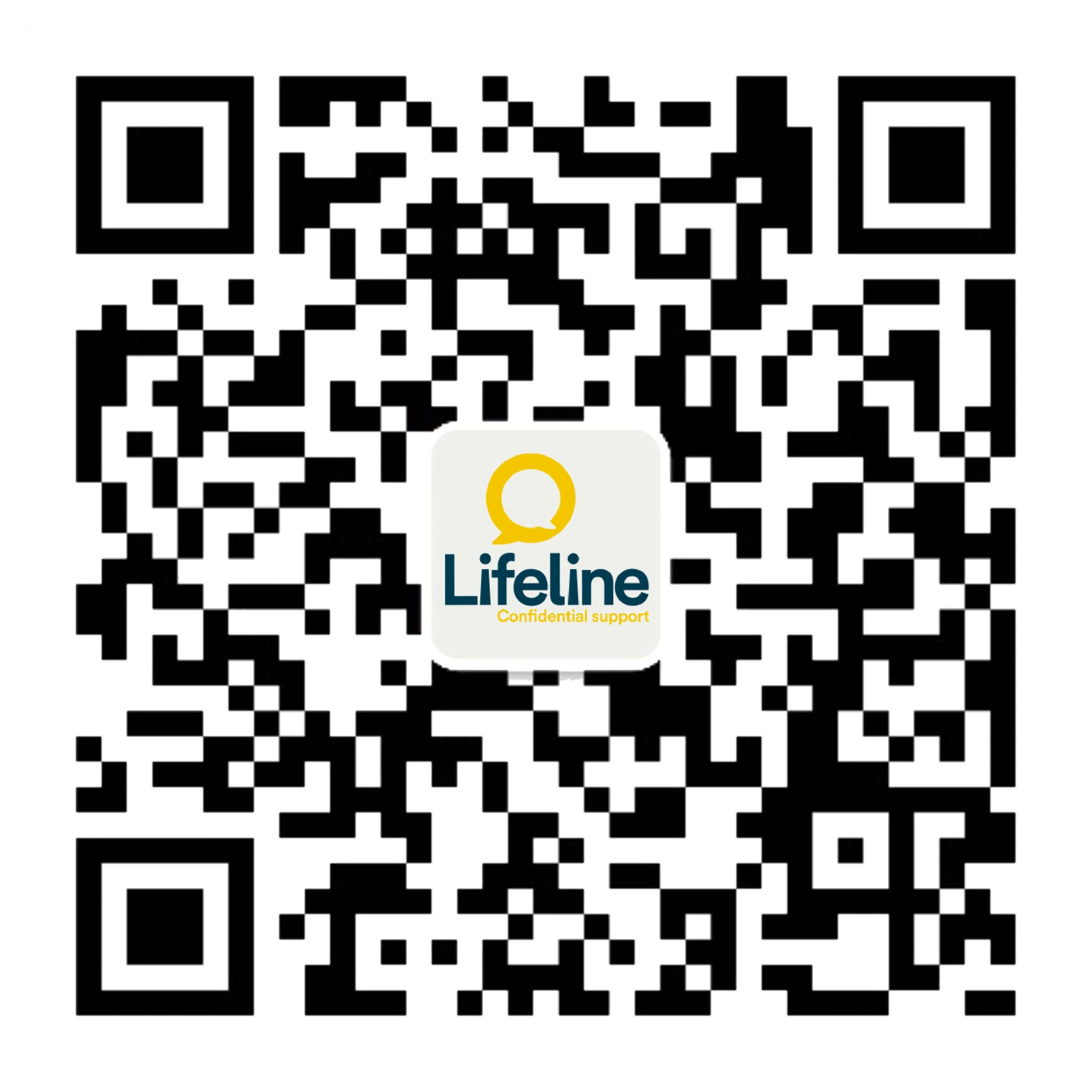
Helping Your Family Cope During Uncertain Times

Understandably, many of us in China have been alarmed by the recent news of a novel coronavirus originating in Wuhan, Hubei province. The media have also been relentless in providing up-to-the-minute updates on how many are infected, and where they are located. Though news of rising numbers of those infected can be alarming, many more may suffer from anxiety, panic, and other negative emotions arising from this situation. Especially vulnerable are children, as they often look to adults for examples of how to feel in uncertain situations, and how to cope. The following are some strategies that you can use to help your children and family cope with stress and anxiety in this very unique time.
1. Limit media and social media use.
Limit media and social media use for yourself as well as your children. While media and social media can be helpful in informing the public of needed information, they are also associated with higher anxiety levels. Limit your media use and that of your children only to trusted, reliable news sources, and limit the time spent consuming media. Up-to-the-minute information regarding the coronavirus or infection rates, travel restrictions, etc. are of little use to most of us, and only serve to make us more nervous. Instead, consider muting notifications of WeChat groups that push new information from unreliable sources—you don’t need rumors and misinformation constantly popping up in the form of a red number on the WeChat icon.
2. Get educated.
While information abounds, sometimes misinformation abounds even more. The coronavirus is NOT airborne, which means it can only be spread from one person to another when bodily fluid droplets from an infected person gets into the eyes, nose, or mouth of a healthy person for instance from a cough, sneeze, or being in close (1-2m) ‘breathing’ contact for several minutes. These droplets can also be transferred when they get onto objects which a healthy person touches, and then touches their eyes, nose, or mouth. Therefore, simple precautions can go a LONG way in preventing infection. -Wash your hands-Deal with coughs, sneezes and spit appropriately (use a tissue and throw it away!)-use alcohol-based hand sanitizer-wear a mask, and-DON’T TOUCH YOUR FACE.
3. Educate your children.
The above can be communicated to children to help keep them safe. However, this communication is best in an environment of security, rather than an environment of panic. Therefore, when educating your children about handwashing or not touching their face, try to ensure that your voice is calm and reassuring. The point is to educate, not scare, and to connect your child with a sense of safety. During a time such as this, there can be a lot of fear that our children experience. However, it is also important to send the message that even where there is fear, there are things we can do to keep ourselves safer.
4. Set a schedule for your family.
During this unique time, when many schools and workplaces are closed, it’s best to establish a daily schedule and stick to it as closely as you can. Try to include many of things that would normally be on the schedule, as such as work time (use any e-learning resources provided by your child’s school, or free downloads from the internet), practicing your musical instrument, meal times, naps, snack times, exercise, etc. Remember to set regular sleep and wake times, despite a “flexible” schedule. You may also need to get creative regarding some of the items on the schedule—for example: if your regular gym is closed, you may need to replace it with outdoor activities or with an exercise video that can be done together as a family.
5. It’s OK to go outside!
Again this virus not in the air. Therefore, unless otherwise recommended against by health authorities, it is safe to venture outside and get out of the house once in a while (with the proper precautions, of course). Avoid areas that may be overcrowded or that may cause anxiety, but take time to take walks, connect with nature, exercise outdoors, etc.
6. Connect with others.
Do not neglect your social life or that of your children! Consider arranging meals with family and friends at home. At the very least, make sure that you are connecting with via phone, video chat, or other means.
7. Help your children express emotions.
Do not be afraid to talk about this virus with your child, what it is, and what it is not, in an age-appropriate manner. Sometimes, we as parents try to avoid discussing topics with children that we believe may scare them. However, our children are likely very aware that something unique is happening around them, and they will look to us for explanations and reassurance.
8. Acknowledge your child’s emotions.
Acknowledge your child’s emotions, whatever they are. If your child expresses any sort of emotion, positive or negative, while you are discussing this topic with them, let them know that their feelings are OK. Their feelings, whatever they are, are appropriate and it is safe to express those emotions to you. Additionally, don’t judge your child’s emotions, or try to “correct” them. Hear them out, acknowledge the emotion, and tell them it is OK to feel that way.
9. Express empathy.
After acknowledging your child’s emotions, express your empathy. Maybe you are feeling similar emotions—don’t be afraid to express them to your child in an age-appropriate manner. Empathy can help the child feel understood and not alone.
10. Connect with safety.
It is true that the present situation is uncertain and can feel unsafe. But in this unique time, help your child identify what IS certain and safe—your family, your love for them, etc. Encourage your child to express this verbally, or even draw it out onto a piece of paper.
11. Remember to appreciate.
Focus on Gratitude. The practice of gratitude has been shown to improve mood and assist in combating negative emotions. Encourage your family to start a gratitude journal—start simple: write, draw, or share two simple things each family member is grateful for each day. One rule: try not to repeat anything you’ve said on previous days!
12. Connect with confidence.
Try to do at least one thing per day that instills confidence in you and your children. What do they enjoy? What do they feel they are good at? What builds their self-esteem?
13. Seize the opportunity.
This time can be used to discover and develop new skills. Learn something new with your family! Perhaps it’s time to purchase one of those acrylic painting kits you’ve been eyeing at Carrefour. Maybe it’s time to explore baking, science experiments, new recipes, or origami. Bring your child’s focus and attention not only on what they CAN’T do during this time but on what opportunities this unique situation may present.
14. Keep up communication.
During this time, there are many families who are separated for one reason or the other. Many are not sure how long this separation will last, with travel advisories and restrictions in full force. It can be important to keep up communication through any means necessary during this time, such as through phone calls and video conferencing. Try something new—perhaps you can play chess or another game with your child via videoconference call, or read a bedtime story. Some parts of a family routine may be possible to maintain over video conferencing, and you can even try eating a meal together virtually! However, it is important to acknowledge the emotions your child may have regarding this separation, validate those emotions, and express empathy.
For example:
Child: “I miss daddy! I haven’t seen him in two weeks and I feel very sad.”
Not recommended: “Don’t worry, you don’t need to miss him! We can call him and it will be just as if he were here!”
Recommended: “I understand. Of course, you feel sad. I miss daddy too. Maybe there’s something we can do to help. What if we read a bedtime story with him over FaceTime?”
15. Acknowledge existential questions.
This virus (among other things) reminds us of the fact that we live in an uncertain world. Though we try our very best as parents to create the safest world possible for our children to grow up in, this situation is a reminder that there are many things that lie beyond our control. It can be unhealthy to avoid this and weave a fantasy world around children that do not exist. If your child raises existential questions around life, death, uncertainty, etc., acknowledge these questions. If you have a spiritual or religious tradition, don’t fear to express and leaning on that tradition, or explore one. Be honest—if you do not know the answers, or you are uncertain yourself, express this to your child in an age-appropriate manner. However, even in the midst of uncertainty, there are some things that are certain: we can protect ourselves, we can love and care for each other and we can use this as an opportunity.
If you or anyone you know is experiencing emotional distress from this situation, or any other reason, please do not hesitate to consult with a qualified mental health professional.

Thank you for Dr. George Hu for permitting us to repost this article – Dr. George Hu is a licensed clinical psychologist from the United States and is the Chief of Mental Health at Shanghai United Family Pudong Hospital. He is also the President of the Shanghai International Mental Health Association. Our mental health departments in Puxi and Pudong are staffed with qualified and experienced clinicians and remain open during this time.
Dr. Hu has several areas of specialty including cognitive-behavioral psychotherapy, individual psychotherapy with adults and children, trauma processing, psycho-educational and psychological assessment.
For appointments, please call 400 6393 900, 24-hours a day.



